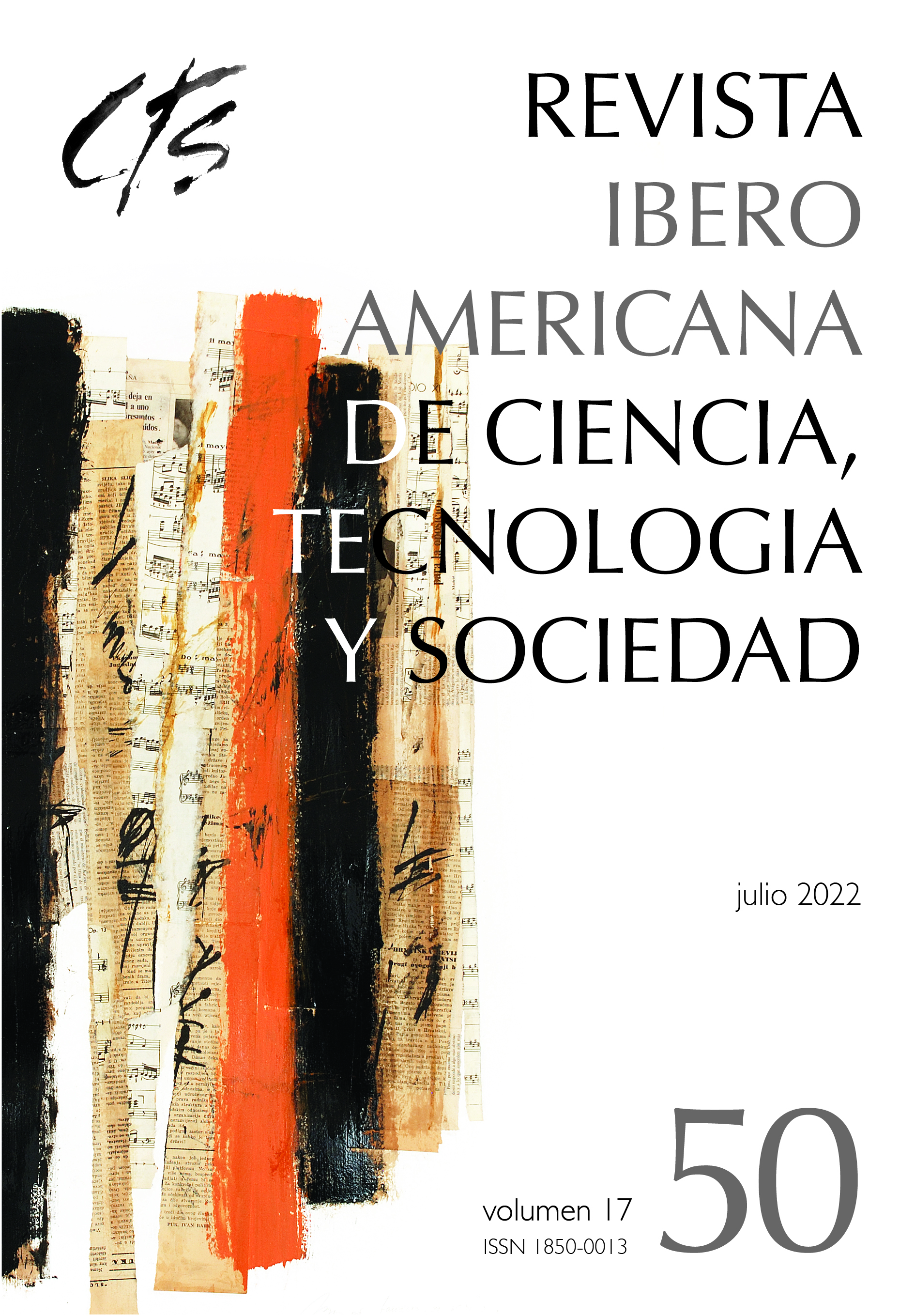Human Bioenhancement and Transhumanism. Notes for a Discussion beyond Technology
Abstract
For some decades now, molecular biology, genetic engineering and biomedical sciences in general have been protagonists of the most dazzling and disturbing scientific developments. But, without a doubt, the appearance in recent years of CRISPR technology has fueled a series of previous debates, including one on the possibility of genetically intervening in human reproduction and achieving improvement. Not surprisingly, the 2020 Nobel Prize in Chemistry went to Emmanuelle Charpentier (Umeå University, Sweden) and Jennifer Doudna (University of California, Berkeley) for their work on this technology. But also, a few months earlier, the Chinese scientist He Jiankui had been sentenced to three years in prison and a large fine for "illegally carrying out the genetic editing of various human embryos for reproductive purposes". He Jiankui had announced the birth of twin girls with their DNA modified by the new CRISPR-Cas9 technology, "to prevent them from contracting HIV", and also another eventual pregnancy in which they had intervened in the same way.
Downloads
Downloads
Published
How to Cite
Issue
Section
License
Copyright (c) 2022 CC Attribution 4.0

This work is licensed under a Creative Commons Attribution 4.0 International License.
All CTS's issues and academic articles are under a CC-BY license.
Since 2007, CTS has provided open and free access to all its contents, including the complete archive of its quarterly edition and the different products presented in its electronic platform. This decision is based on the belief that offering free access to published materials helps to build a greater and better exchange of knowledge.
In turn, for the quarterly edition, CTS allows institutional and thematic repositories, as well as personal web pages, to self-archive articles in their post-print or editorial version, immediately after the publication of the final version of each issue and under the condition that a link to the original source will be incorporated into the self-archive.











